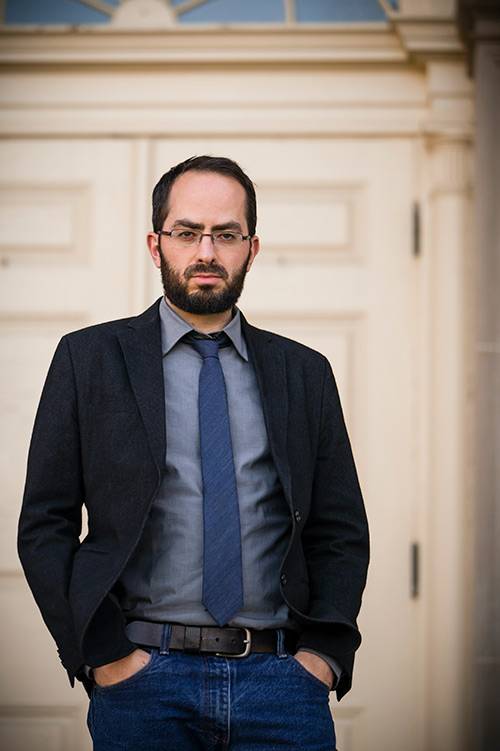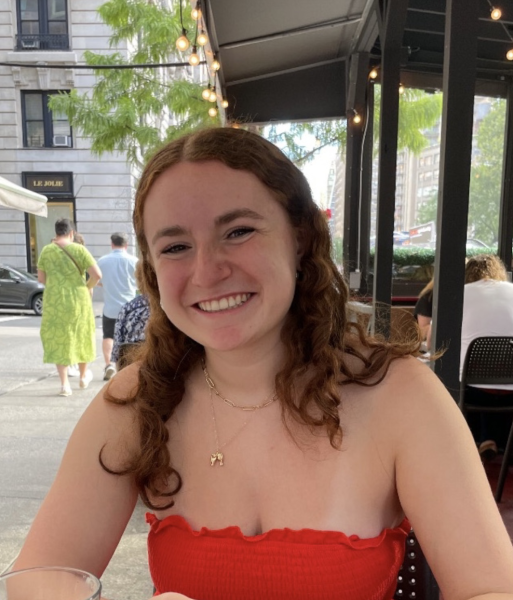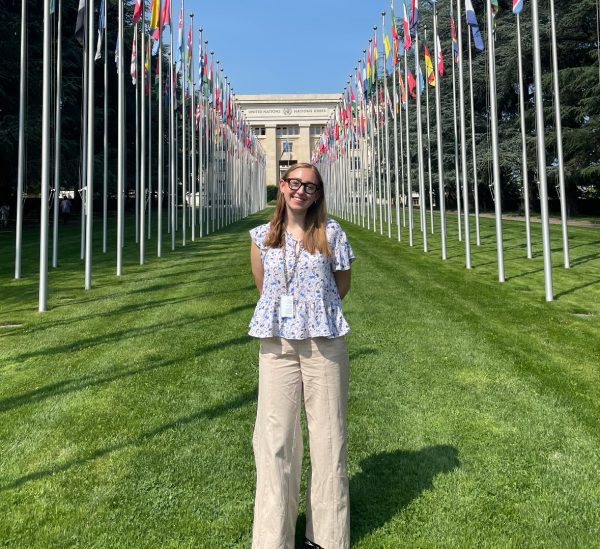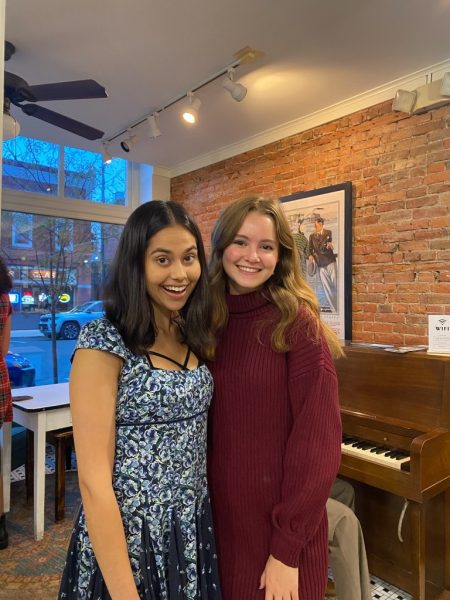Jacob Mundy: On the Importance of Interdisciplinary Nonviolence Studies
As someone who studies civil wars and armed conflicts in the Middle East and North Africa, Associate Professor of Peace and Conflict Studies Jacob Mundy has become more interested and aware of the evolving research surrounding nonviolent revolutions. His current research focuses on broader trends since the 1970s and is looking to understand why these areas have increasingly become epicenters of violence.
“The western Sahara issues are pretty unknown in most of the world, but about 30 to 40% of the population fled in the 1970s, and so they’ve been living in these refugee camps [since]. They want to create their own country, but the territory is occupied by Morocco. So, my research is focused on that conflict [and] why it’s not resolved, what the role of the international community like the United Nations is, and things [of that nature],” Mundy said.
Nonviolent revolutions have been studied in the past, but Professor Mundy believes there has been a recent shift in the way people approach this type of activism and resistance.
“I mean it’s an interesting and evolving field of research. Nonviolence studies has moved a long way from studying pacifism or the sort of ethos of various people like Gandhi to actually looking at how groups successfully organize in ways to get what they want politically, socially, culturally [and] economically without engaging in violence, but nonetheless in a strategic way,” Mundy explained. “Some of the data really does seem to strongly suggest that it’s actually a much more successful tactic. If you want to create your own country, change the government [or have] substantial reforms, nonviolence is actually a much wiser way to go.”
Professor Mundy further believes that the social impact of nonviolent revolutions might be more important to consider than strictly thinking about ultimate outcomes.
“Tunisia was initially thought of as a positive case study because out of it came a new country without a dictatorship anymore and they had open elections, but I taught in Tunisia for three years as a Fulbright scholar, and what I think was more interesting were the social changes. The society itself was never going to accept dictatorship again,” he said. “I think people realize they have power in some ways, and even if they’re not successful, they develop a [belief things can be changed]. Again, the downside is that governments want to prevent people from making that realization, but the worst thing for them is to realize that it only takes a really small number [of people to mobilize] to achieve success – it’s below 10%.”
While Professor Mundy continues with his own fieldwork and independent research, he tries to incorporate some of this information into his courses as well.
“I’m always trying to […] bring case studies that I know quite well [from previous] research experience. I like to expose students to a variety of cases and studies. Of course, it’s always easy to draw from my own expertise the most, but it’s fun to kind of pop things in there,” Mundy said. “[For instance,] western Sahara is always kind of interesting because you look at a map of Africa and it’s the one country that doesn’t clearly have anyone in control or it doesn’t seem like there’s anyone there. [So I asked my students] like ‘why don’t we have any data from this territory?’ I’m trying not to lecture as much as possible and to [instead] make it an unfolding conversation in all my courses.”
These subjects are incredibly complex and without a definitive answer, so Professor Mundy emphasized the importance of looking at these topics through a variety of lenses.
“We’re an interdisciplinary program, so we try to fuse together different perspectives on armed conflicts and social movements so that we’re not just doing the economic […] political science […] international relations […] or geographical approach, but try[ing] to bring in everyone,” Mundy said. “We look at all of these things [together] because it gives us a much better grip on what’s actually happened and what we can do than if we just took a narrow disciplinary approach,” he said.












